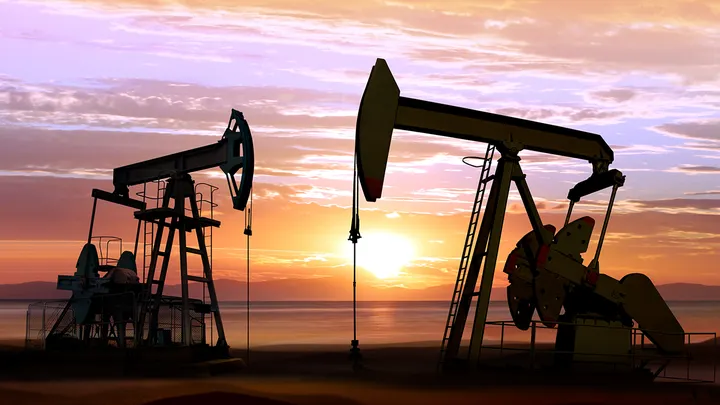
Oil prices rose to their highest level of the year last week as concerns mounted about tight crude supplies after Saudi Arabia and Russia announced the extension of production cuts.
Prices for the two leading oil benchmarks – Brent crude and U.S. West Texas Intermediate (WTI) – reached their highest levels since November 2022 last week. Brent futures rose 0.8% to settle at $90.65 on Friday, while WTI rose 0.7% to settle at $87.51 after closing higher on Wednesday.
Both benchmarks were up about 2% last week after significant gains the week before of about 5% for Brent and roughly 7% for WTI. In 2023, the two benchmarks are up over 13%.
Those gains come after Saudi Arabia and Russia on Tuesday announced an agreement to continue to voluntarily trim their oil production cuts by a further one million barrels per day through the end of 2023.
The state-owned Saudi Press Agency said that the new reduction will bring crude output to roughly nine million barrels per day and that production levels will be reviewed on a monthly basis. Riyadh began scaling back output in July and has extended the cut twice so far.
Saudi Arabia and Russia coordinated their action with a group of oil-producing nations known as OPEC+, which had output cuts in place of about 3.66 million barrels per day. Treasury Secretary Janet Yellen called the previous OPEC+ production cut “regrettable” and said it was “not positive” for global economic growth.
American consumers are feeling the sting of high gas prices at the pump amid the global production constraints.
As of Sunday, the U.S. national average gas price had ticked up to $3.82 per gallon according to AAA – a historically high price for this time of year, although it is well below the record high of $5.01 recorded in June 2022.
The White House previously criticized the production cuts by Saudi Arabia, with President Joe Biden saying last year that “there will be consequences” for the country’s decision to coordinate with Russia on oil production.
The Biden administration last week announced the cancelation of several oil and gas leases that were issued to an Alaskan state economic development agency in 2021.
The U.S. Department of the Interior rescinded seven 10-year leases spanning 365,775 acres in the Arctic National Wildlife Refuge (ANWR) that were held by the Alaska Industrial Development and Export Authority.





























